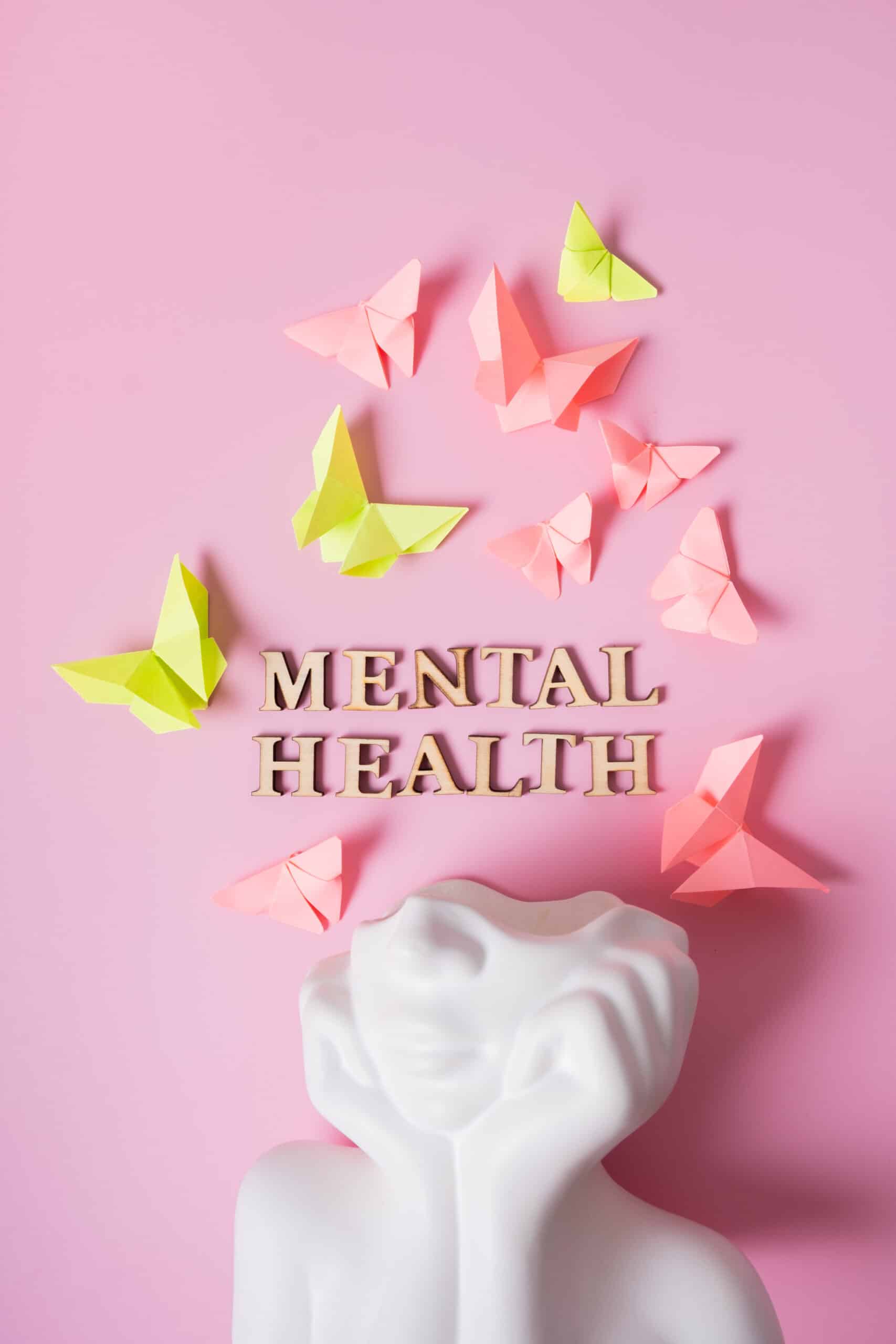Peer support in addiction recovery is vital to long-term sobriety from a drug or alcohol addiction. This support can come from many places, including a 12-step program.
What is Peer Support?
Peer support in addiction recovery refers to the support, encouragement, and guidance provided by people who have gone through a similar experience of overcoming a substance use disorder. This type of support is based on the idea that people who have been through similar experiences can relate to one another in a way that others cannot.
It is a powerful tool for overcoming the shame and stigma that often accompanies addiction. Peer support helps to build a sense of camaraderie and belonging within the recovery community. This helps to foster a sense of hope and inspiration for those on the road to recovery. It provides a safe and non-judgmental space for individuals to share their struggles and successes and to learn from one another.
What Does Peer Support Look Like?
Peer support can take many forms, including one-on-one meetings, group meetings, mentoring, and 12-step program sponsorship. It may also involve sharing personal experiences, providing emotional support, and offering practical advice. In a group setting, peer support often consists in sharing stories, discussing challenges, and providing feedback and encouragement.
It can also take the form of phone support, text support, or online support groups. This makes it easily accessible for those who may have difficulty attending in-person meetings. Peer support can be as simple as picking up the phone when someone struggling with an addiction calls. They may only be calling to ask for money, but you can always listen to them and be there for them. In many cases, this is a compelling tactic.
The Role of Peer Support in Addiction Recovery
Peer support plays a critical role in addiction recovery. One of the biggest challenges of overcoming a substance use disorder is the feeling of isolation and disconnection from others. Peer support helps to break down this barrier by connecting people in recovery with others who understand their experiences.
Peer support helps those in addiction recovery or struggling with active substance abuse disorders to see that they are not alone in their struggles and challenges. This exposure to others with similar challenges can give the individual a significant amount of hope and optimism, which are crucial for effective healing.
Research has shown that peer support can significantly improve outcomes for people in recovery. For example, studies have found that people who participate in peer support have lower relapse rates than those who do not. Additionally, people with a robust support system in recovery tend to have better mental and physical health, employment, and social functioning outcomes.
Where Can I Find Peer Support?
Peer support is found in various settings, including 12-step programs, community-based organizations, and addiction treatment centers. 12-step programs such as Alcoholics Anonymous (AA) and Narcotics Anonymous (NA) are well-known for their peer support groups. These programs provide a sense of community, accountability, and a structured approach to recovery. Meetings can be found in most communities and are open to anyone who wants to attend.
Community-based organizations, such as Celebrate Recovery, offer peer support in a Christian context. These programs provide a supportive environment for individuals to share their stories, learn from one another, and grow in their faith. They provide a sense of community and accountability, which can benefit individuals in early recovery.
Addiction treatment centers, like Agape Treatment Center, offer peer support as part of their aftercare plans. Treatment centers provide a comprehensive recovery approach, including peer support groups, individual counseling, and behavioral therapy. These programs address the underlying issues that led to addiction rather than just focusing on the addiction itself. They also provide support and guidance throughout the recovery journey, including long-term recovery, and help to reduce relapse rates.
How Effective are 12-step Programs?
12-step programs have been used for decades to help people recover from a substance use disorder. These programs are based on anonymity, self-reliance, and a higher power. They provide support through regular meetings, sponsorships, and a sense of community. 12-step programs are effective for some people. However, it’s important to note that there may be better fits for some.
Research suggests that individuals who attend 12-step programs are more likely to achieve and maintain abstinence from substance use. However, some people may prefer a more secular or behavioral therapy-based approach or may choose to find peer support in alternative ways.
Are There Alternatives to a 12-Step Program to Find Peer Support?
Yes, there are alternatives to 12-step programs that provide peer support. One alternative is getting treatment at an addiction treatment center like Agape Treatment Center. Treatment centers offer a variety of evidence-based therapies and aftercare plans, which include peer support groups, individual counseling, family programs, and behavioral therapy.
These programs address the underlying issues that led to addiction rather than just focusing on the addiction itself. They also provide support and guidance throughout the recovery journey, including long-term recovery, and help to reduce relapse rates.
Peer support in addiction is critical in helping individuals overcome a substance use disorder. It provides a sense of connection and understanding that can be hard to find elsewhere. Whether through 12-step programs or alternative treatment centers, people in recovery need access to a strong support system as they navigate their recovery journey. Peer support can help individuals develop the skills and strategies needed to maintain long-term recovery, overcome character defects, and make conscious contact with their recovery support system.
Treatment centers like Agape Treatment Center offer a comprehensive approach. Their approach includes peer support, behavioral therapy, and aftercare plans to help individuals achieve long-term recovery. If you or someone you know is struggling with a substance use disorder, consider reaching out today for peer support and professional help.


